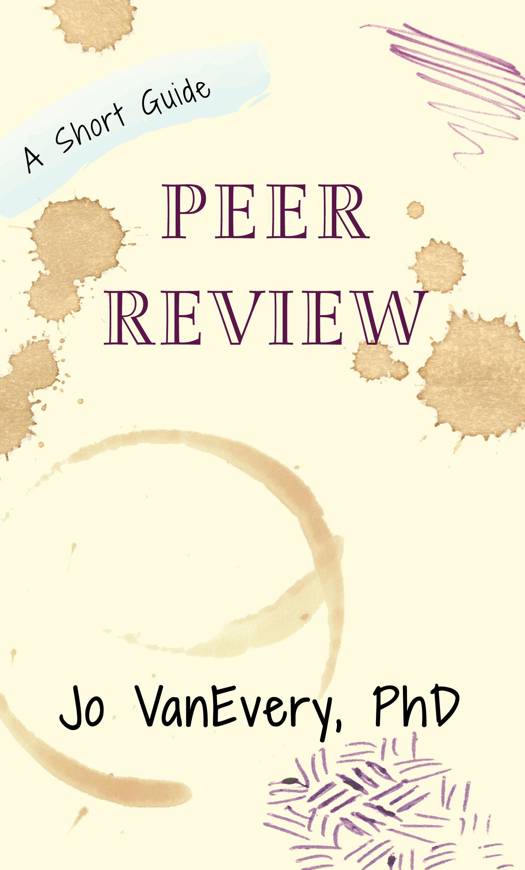
- Retrait gratuit dans votre magasin Club
- 7.000.000 titres dans notre catalogue
- Payer en toute sécurité
- Toujours un magasin près de chez vous
- Retrait gratuit dans votre magasin Club
- 7.000.0000 titres dans notre catalogue
- Payer en toute sécurité
- Toujours un magasin près de chez vous
Description
Peer Review (A Short Guide) provides practical advice for authors and reviewers engaging with the peer review process in scholarly publishing. Despite valid criticisms of peer review as a system, it is crucial to the advancement of knowledge and the protection of academic freedom. Participating in peer review – as an author, a reviewer, a member of an editorial board, or an editor – ensures your scholarly peers' values play an important role in publishing decisions. Done well, peer review also provides important editorial feedback that improves the quality of knowledge.
Being edited is difficult. Providing editorial feedback constructively is a skill you can develop. It is crucial to acknowledge and address your emotional reactions, and to focus on the work rather than the person. Everyone involved in these processes is capable of making significant contributions to knowledge. Peer review supports them in doing so.
The Short Guide starts with an overview of what peer review (in publishing) is, why it is valuable, and some of the issues related to the voluntary nature of the labour. The rest of the guide is divided into two chapters based on your relationship with peer review on a specific occasion. As an author, you need to deal with reviewer comments, revise your manuscript, and resubmit. I provide practical advice for dealing with the emotional side of that, making a plan for your revisions, and writing a cover letter for the editor. There is also a section on dealing with reject decisions. For reviewers, in addition to advice about how to give feedback constructively to support the author in improving their manuscript, I also address how to respond to requests, how to find time to review, and how to deal with the emotional aspects of reviewing. Peer Review (A Short Guide) complements other books in this series to provide support for all stages of the scholarly writing process so you can do your job more confidently and even enjoy it.
Volume 4 in the Short Guides Series. Length: 15k words approx
Spécifications
Parties prenantes
- Auteur(s) :
- Editeur:
Contenu
- Langue:
- Anglais
- Collection :
Caractéristiques
- EAN:
- 9781912040650
- Date de parution :
- 14-11-19
- Format:
- Ebook
- Protection digitale:
- /
- Format numérique:
- ePub

Les avis
Nous publions uniquement les avis qui respectent les conditions requises. Consultez nos conditions pour les avis.






